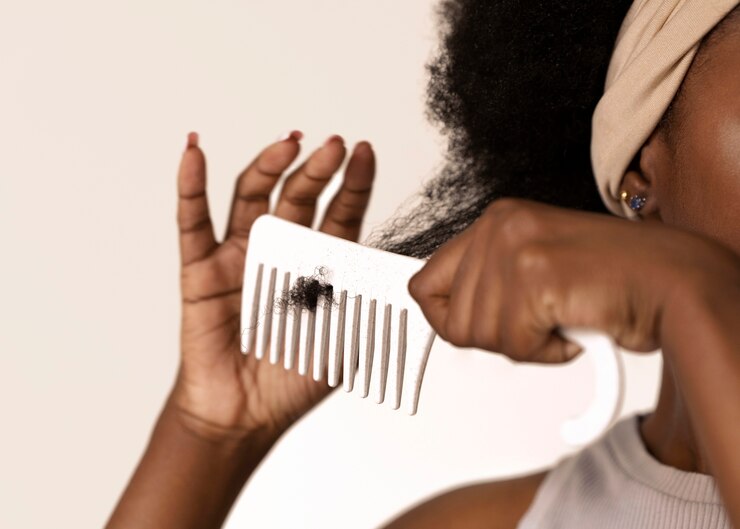If you’ve tried fish oil, coconut oil, olive oil, raw egg, or even fenugreek to restore your hair to its former glory, you’ll know that these remedies don’t always produce the results needed to end your frustration. Hair loss, a receding hairline, and hair thinning can be embarrassing for women, and according to professionals, putting your hope in so-called home remedies won’t necessarily give you the results you want.
“Using hair growth products, supplements, or home remedies to restore hairlines isn’t viable as a long-term solution. Some products may contain ingredients that can slow down the hair loss process, but they won’t reverse it. It’s better to consider more permanent solutions to address the underlying cause of a receding hairline,” says Dr Kashmal Kalan, a globally renowned hair restoration expert and Medical Director of the Alvi Armani hair transplant clinic.
Receding hairlines is experienced by men and women alike with varying causes. For women, a receding hairline could be caused by genetics, medications, hormones, and stress, which can lead to frontal fibrosing alopecia (scarring of the scalp). Another condition that can accelerate receding hairlines is traction alopecia, which is caused by putting strain on the roots of the hair due to certain hairstyles, such as wearing tight ponytails or braids.
Reasons why should women consider hair transplants
According to Mordor Intelligence, the global hair loss treatment product market is worth some $1.9 billion, demonstrating the scale of the issue – and both men and women’s desire for a remedy.
However, Dr Kalan explains that successfully addressing a receding hairline requires first finding the cause of the problem, and thereafter determining proper treatment and care for permanent results. “Off-the-shelf supplements, oils, and creams might have the right ingredients, but there is no intent behind the treatment, as you’re blindly using products without knowing what the real cause of your receding hairline is. These products can also be expensive and may not give you the desired result, causing further frustration.”
A hair transplant is a good option for women experiencing a receding hairline due to frontal fibrosing alopecia or traction alopecia as it helps to permanently restore hair growth in the affected area.
“Hair transplant procedures are particularly recommended for women who suffer from a receding hairline due to nonhormonal causes, have experienced trauma such as burns or scarring, have distinct patterns of baldness similar to male pattern baldness, or alopecia marginalis. These are all causes that can’t be successfully treated by non-surgical means,” he notes.
How do hair transplants work?
There are two types of hair transplant techniques: Follicular Unit Extraction (FUE), which involves extracting individual hair follicles from the scalp; and Follicular Unit Transplantation (FUT), where an entire piece of skin is removed for implantation.
The FUE technique is the preferred method for Alvi Armani’s hair restoration experts and has been practised and perfected over 20 years to ensure that it’s minimally invasive, effective, and has a short healing period. An FUE hair transplant will ensure that your hair grows back thicker and naturally without incurring scarring.
It’s important to consult with a hair transplant professional before starting the transplantation journey to ensure that the most suitable course of action is recommended.
“Not all treatments are equally effective, and it’s important to find the right clinic that will help you to determine the cause of your hair loss, and plan a feasible treatment based on your unique situation. Our team is committed to providing the highest level of care and expertise to help women regain their confidence and natural hairline,” adds Dr Kalan.
Alvi Armani offers specialised care and is fully equipped with the latest tools and technology to guide both male and female patients to find the right solution with maximum results.








